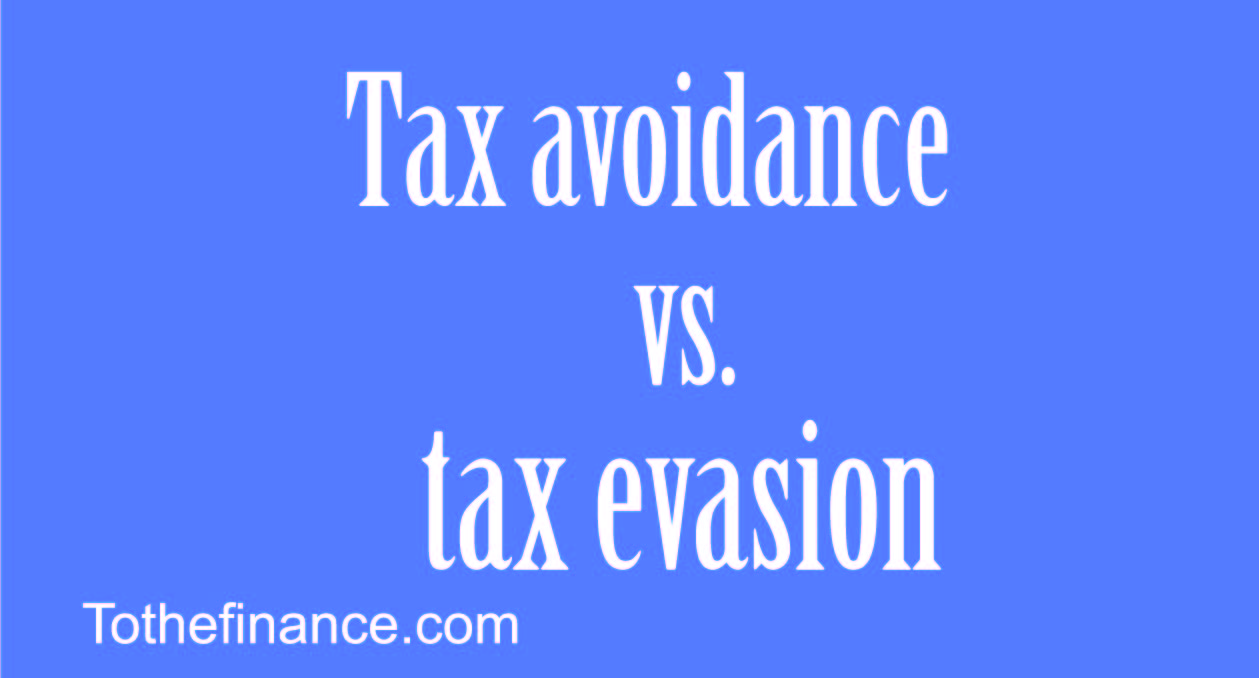Despite their similarities, tax avoidance and evasion are not the same things. Avoiding taxes is not the same thing as evading taxes. The alternative approach of lowering your tax burden, on the other hand, is illegal and might get you into severe problems with the Internal Revenue Service (IRS). Before you can reduce the amount of money you owe to the IRS and avoid the risk of going to prison, you must first have a solid understanding of the meanings of these two phrases.
What Exactly Is Tax Avoidance?
Tax avoidance is the practice of reducing a person’s overall tax burden by using strategies that are legal and compliant with tax regulations. At its most fundamental level, it is structuring your assets in such a manner that will result in your paying the minimum amount of legally permissible taxes.
Examples of tax avoidance strategies include:
- Increasing your retirement contributions. Utilizing tax-advantaged retirement plans such as IRAs and 401(k)s may help you lower the amount of income that is subject to taxation while you are saving for retirement.
- Making an effort to get as many tax benefits as you possibly can. It is possible to minimize the amount of income subject to taxation by making use of tax deductions for qualifying expenses. Among the most common deductions, taxpayers may deduct the number of their charitable contributions, medical expenditures, interest on their mortgage, and a portion of the interest they pay on their student loans.
- Get the biggest benefit possible from tax breaks. If you satisfy certain requirements, tax credits might result in a decrease in the total amount of taxes that you are responsible for paying. Some of the most common tax credits may reduce your tax liability if you meet certain criteria, such as having children, investing in an electric vehicle, paying for child care, or covering the cost of higher education.
- Working together with a taxation specialist You could benefit from the assistance of a tax expert in lawfully lowering your tax burden to the greatest extent that is feasible.
What Exactly Is Tax Evasion?
Tax evasion refers to the act of defrauding the Internal Revenue Service (IRS) or another taxation body about the total amount of taxes that are owed. Lying about your income, artificially exaggerating your deductions, failing to disclose all essential business activities, or concealing money in accounts that are difficult to find are all examples of tax fraud.
Evading taxes is unlawful. According to the Internal Revenue Service’s Tax Crimes Handbook, any effort to “evade or defeat” a tax may result in a fine of up to $250,000 (or up to $500,000 in the case of corporations), up to five years in jail, or a combination of the two penalties. You will also be responsible for making restitution for the expenditures that were incurred as a result of the prosecution.
Also read, Cash vs. accrual concept of accounting.
Some Illustrations of Tax Evasion
Examples of common schemes to avoid paying taxes include the following:
- The practice of making monetary payments to household employees. If you desire to pay an employee who works in your house, such as a nanny or maid, you are required to fill out a W-2 form.
- Personal expenditures were categorized and categorized as company expenses. However, some costs incurred in the course of doing business may be deducted from your taxable income.
- Not revealing all of one’s financial dealings in their entirety If your company operates primarily via the use of cash, you are required to disclose each transaction to the relevant tax authorities.
- Disregarding revenue coming from other countries. You are still required to declare this revenue, even if you do business in a foreign country.
- Taking deductions that are exaggerated in value Your deductions, to the extent that they are permissible, must all be backed up by evidence, including receipts. It would not be smart to examine them.
